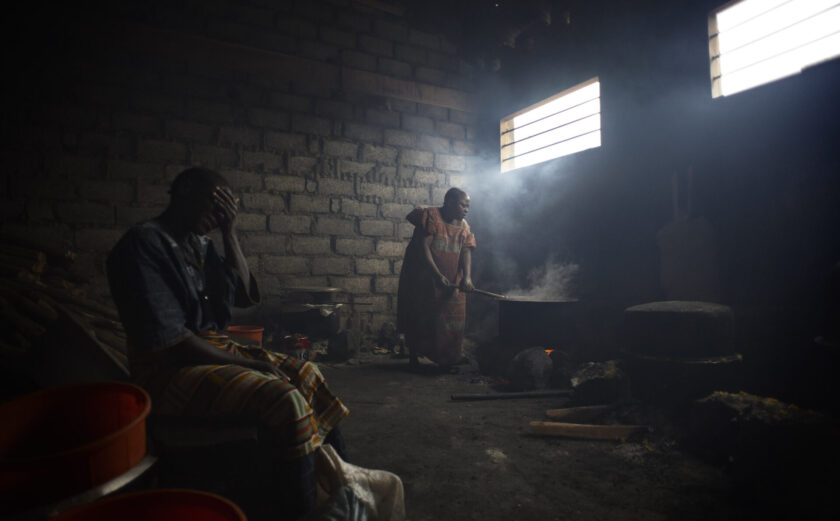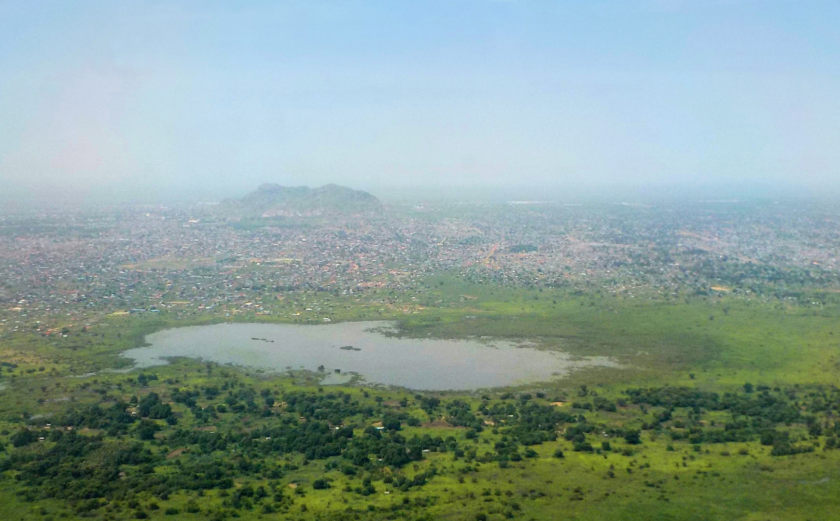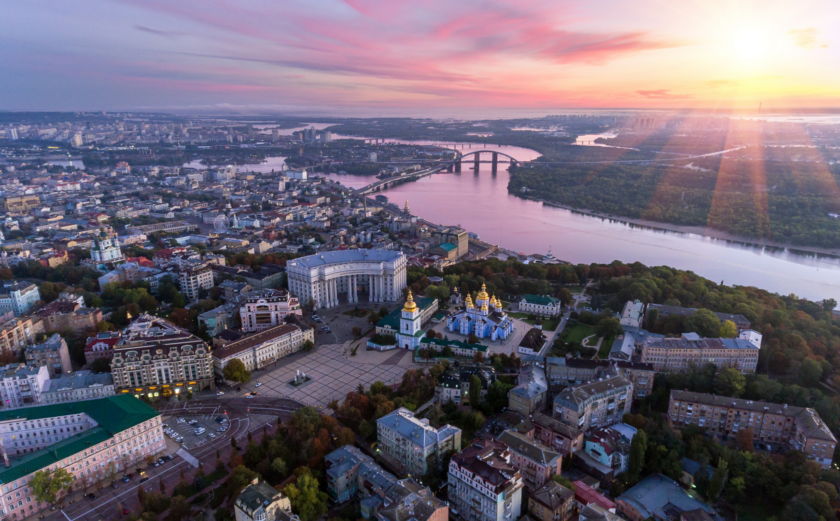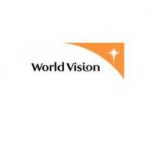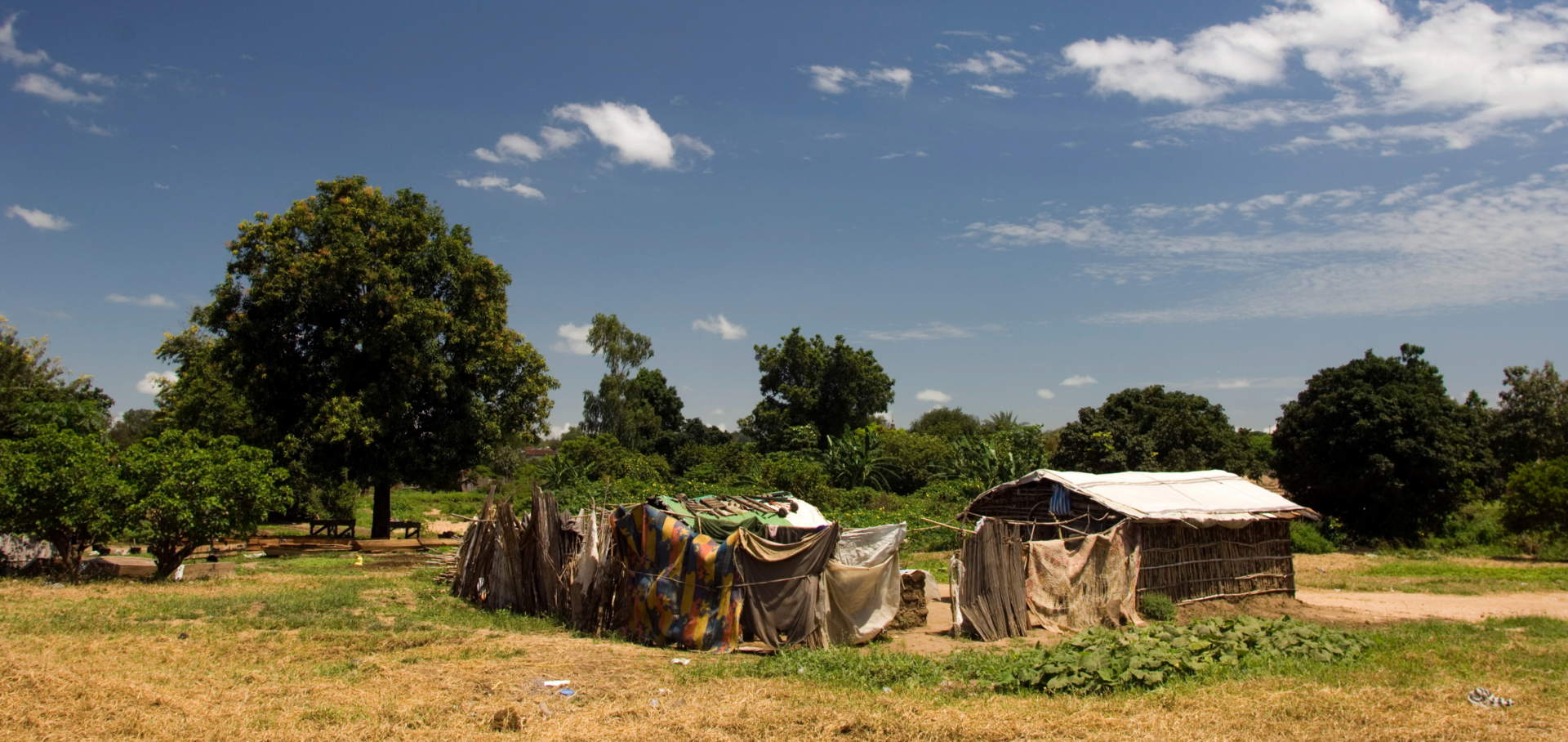
Access to Aid: A Cornerstone of Civilian-Centered U.S. Diplomacy
Sudan Blog Series
In 2022, humanitarian needs in Sudan were already at the highest level in a decade. Suffering largely existed outside of the headlines with insufficient aid and minimal diplomatic engagement. Despite the eruption of conflict last April which plunged Sudan deeper into crisis, the legacy of neglect persists and the world has remained unforgivably silent.
This collective failure extends to an essential cornerstone of the humanitarian response in Sudan: ensuring the 25 million people in need of aid and protection have safe and efficient access to humanitarian services. In 2023, only 20% of the people in need of assistance received aid. This gap is at risk of widening as the humanitarian situation deteriorates. Alarmingly, the hardest to reach areas also have the most severe needs and highest risk of famine—Khartoum and Gezira States, Greater Darfur, and Greater Kordofan.
Some access obstructions like flooded or damaged roads and destroyed airfields are hard to solve in the short term. Other challenges are a symptom of the warring parties’ conduct and blatant disregard for International Humanitarian Law which limits safe movements and threatens civilian lives. At least 19 aidworkers have been killed in the last year and humanitarian assets and facilities have been repeatedly attacked and looted.
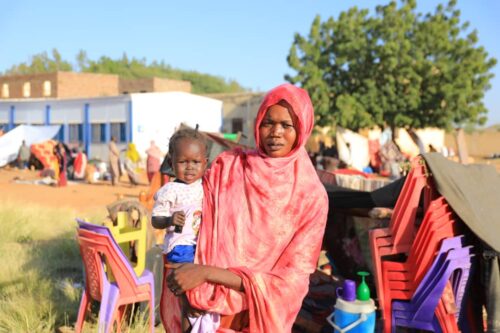
Yet one prominent constraint is completely reversible: political interference and bureaucratic impediments. The well-being of the civilian population is the responsibility of all warring parties. If they cannot meet the basic needs of the people living in the areas they control, they are obligated to facilitate the delivery of assistance by impartial actors such as the U.N. and NGOs. In Sudan, these duties are not being upheld.
Humanitarian actors experience routine denial and delay of necessary authorizations like visas and permissions to move goods and staff within Sudan. Parties to the conflict at all levels have interfered in aid activities including needs assessments, beneficiary lists, and distributions. Aid convoys have not crossed the different lines of control in over five months and the lifeline from Chad into West Darfur was shut down earlier this year. After public pressure from the U.S. and other states, limited authorization for cross-border aid was announced in March, but progress toward sustained access has not yet materialized. As the international response has grappled with these constraints, Sudanese civil society actors have stepped up to fill the monstrous gap at significant risk and with little financial support.
Despite the urgent need for principled and unimpeded humanitarian access to support the response at scale, U.N.-led engagement and international diplomacy initiatives—including the Humanitarian Forum agreement in Jeddah in November 2023—have largely failed, and the consolidation of the U.N.-led response architecture in Port Sudan is further undermining the neutrality of the response.
As we approach the one-year mark of the conflict, there are glimmers of hope that the era of international neglect is coming to an end: the U.N. Security Council has united to call for a cessation of hostilities and unhindered humanitarian access; the U.S. has finally appointed a Special Envoy for Sudan tasked with advancing efforts on access; and donors will soon convene in Paris to catalyze international support for Sudan and the region.
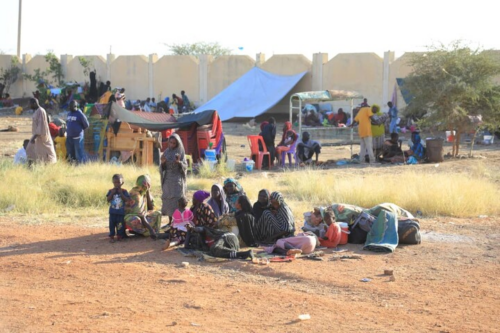
The U.S. can build on this momentum and leverage its role as a global humanitarian leader by championing the establishment of a ministerial-level Access Support Group comprised of a small, strategic group of members—including African and Arab states—dedicated to collectively mobilizing influence, networks, and relationships in support of humanitarian access.
This group can bear responsibility for soliciting regular updates on the state of humanitarian access from the U.N. and NGOs in global fora such as the United Nations Security Council; engage with the warring parties and their backers in support of humanitarian access and IHL compliance, complementary to other political and diplomatic initiatives; and encourage U.N. humanitarian leadership to strengthen engagement on access, decentralize their presence, and promote a neutral response.
This enhanced diplomacy to unlock humanitarian access cannot be undertaken in isolation. It must also go hand in hand with a significant increase in humanitarian resources. This is essential for supporting local and international actors to capitalize now on the existing humanitarian space and rapidly expand once new areas are accessible.
About the Author
Dhabie Brown is Senior Policy and Advocacy Advisor at Norwegian Refugee Council USA.
* The views expressed in this article are the writer’s own.
—
For information regarding the blog series or InterAction’s Sudan Working Group, please reach out to Mais Balkhi at mbalkhi@interaction.org.
For media inquiries, please contact Mitch McQuate at mmcquate@interaction.org.


